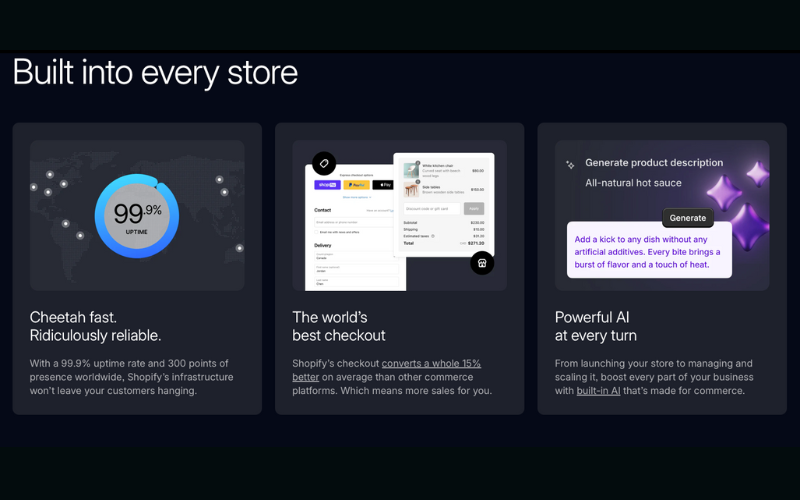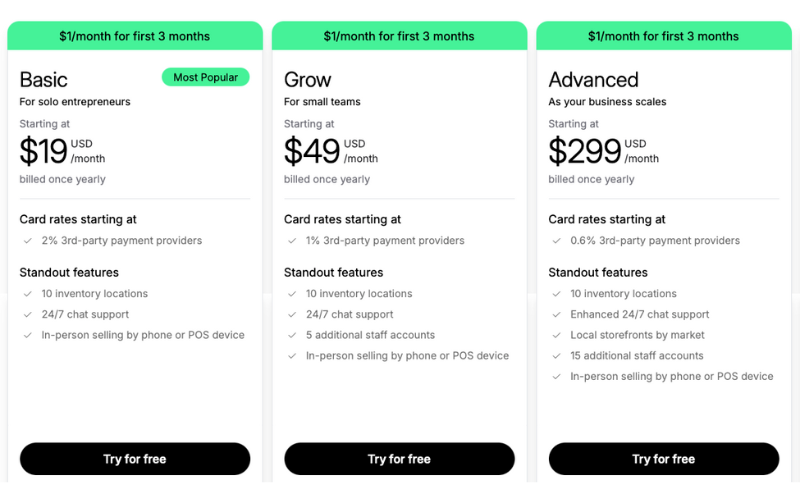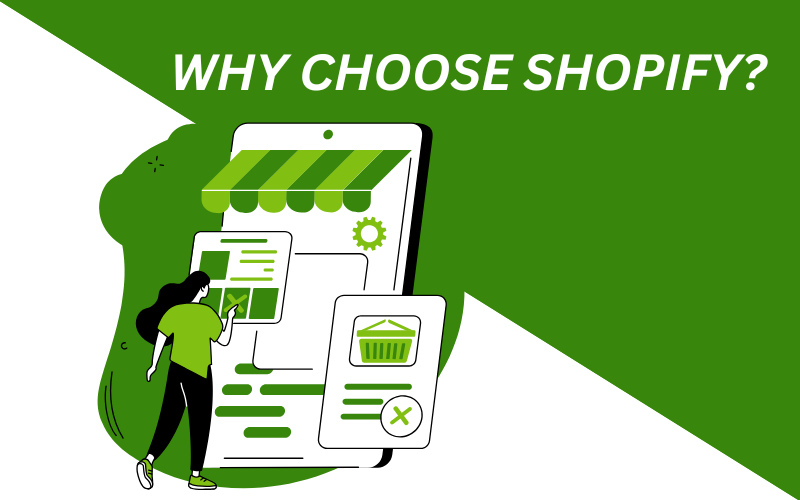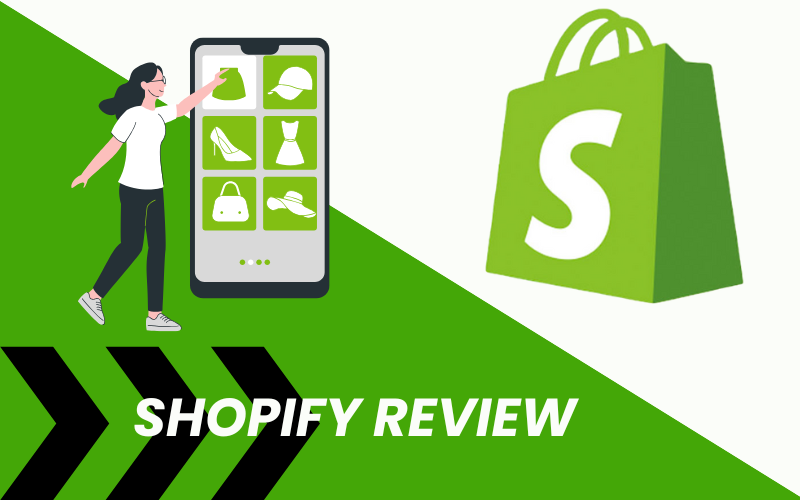Introduction to Shopify
The world of ecommerce has revolutionized how businesses operate, enabling entrepreneurs to reach customers globally with ease. Selecting the right ecommerce platform is a foundational step that can determine your online store’s success or struggle. Shopify, launched in 2006, has become synonymous with ecommerce, powering over a million businesses worldwide and generating billions in sales annually. Renowned for its user-friendly interface, extensive features, and scalability, Shopify offers a comprehensive ecosystem designed specifically to help merchants build, run, and grow their online stores.
Explore our detailed Shopify review, including features, pricing, store customization, and performance. Learn if Shopify is still the top choice for entrepreneurs, dropshippers, and businesses building successful online stores.
In this detailed review, we explore Shopify’s capabilities, strengths, weaknesses, pricing structure, integrations, and real-world performance. Whether you’re launching a small boutique or scaling a multi-million-dollar enterprise, this article covers every vital detail you need to know before choosing Shopify as your ecommerce partner.

Company Background and Industry Impact
Shopify was founded by Tobias Lütke, Daniel Weinand, and Scott Lake in Ottawa, Canada. Initially developed to create an online snowboard store, Shopify quickly pivoted to become a full-fledged ecommerce platform catering to businesses of all sizes. Over the years, Shopify has evolved into a leading SaaS (Software as a Service) platform that empowers entrepreneurs with the tools to design custom storefronts, manage inventory, process payments, and market their products without extensive technical knowledge.
Shopify’s impact on the ecommerce industry is significant. It popularized hosted ecommerce, meaning merchants do not have to manage server infrastructure or software updates. Instead, Shopify offers a fully managed, cloud-based solution accessible from any device. This approach has lowered barriers to entry and encouraged innovation in the digital commerce space.
Shopify’s User Interface and Store Builder
One of Shopify’s most acclaimed features is its intuitive and polished user interface. From the moment you sign up, the dashboard provides a clear overview of your store’s sales, orders, and customer data. The backend is designed to guide users step-by-step through essential setup processes like adding products, configuring payment gateways, setting shipping options, and designing your store.
Shopify’s theme editor offers a blend of drag-and-drop customization with access to underlying code for developers. The platform offers over 100 free and paid themes optimized for desktop and mobile devices. The editor is flexible enough for beginners to build beautiful sites using preset modules, but also supports advanced customization through Liquid, Shopify’s templating language, allowing designers and developers to create highly unique experiences.
Shopify also launched Shopify Online Store 2.0, a recent upgrade that offers improved theme architecture, sections everywhere, and enhanced app integration capabilities. This update significantly enhances store flexibility and performance, empowering merchants to tailor their storefronts without extensive developer involvement.

Features and Ecommerce Tools
Shopify is more than a website builder—it’s a full ecommerce solution packed with features designed to support every stage of online selling:
- Product Management: Add unlimited products, organize them with collections, and manage inventory seamlessly. Shopify supports various product types including physical, digital, service-based, and subscription products.
- Payment Processing: Shopify Payments, the platform’s native payment gateway, supports multiple currencies and payment methods including credit cards, Apple Pay, Google Pay, and more. Alternatively, you can integrate dozens of third-party payment gateways.
- Shipping and Fulfillment: Configure shipping rates based on weight, location, or price. Shopify integrates with major carriers and offers fulfillment services like Shopify Fulfillment Network for streamlined logistics.
- Marketing and SEO: Shopify includes built-in SEO optimization tools, customizable meta tags, automatic sitemap generation, and marketing automation features. It supports discount codes, gift cards, email marketing, social media integration, and Google Ads campaigns.
- App Store: Shopify’s App Store contains over 7,000 apps that add functionalities such as customer reviews, loyalty programs, dropshipping, advanced analytics, accounting, and more.
- Multichannel Selling: Sell on various platforms including Facebook, Instagram, Amazon, eBay, and TikTok, synchronizing inventory and orders across all channels.
- Analytics and Reporting: Robust analytics dashboard tracks sales trends, customer behavior, and marketing ROI, offering insights to optimize your store’s performance.
- Mobile App: Shopify’s mobile app allows store management on the go, from processing orders to managing inventory and engaging customers.
Performance, Security, and Reliability
Shopify is hosted on a reliable, scalable cloud infrastructure that ensures your store is accessible 24/7 without interruption. The platform guarantees a 99.98% uptime, supported by redundant servers and global content delivery networks (CDN) to reduce latency.
Website speed is crucial for ecommerce success, and Shopify’s infrastructure is optimized for fast load times across devices. While actual speeds can vary based on theme choice and third-party app usage, Shopify consistently delivers responsive storefronts that enhance customer experience.
Shopify provides strong security measures, including PCI DSS compliance, SSL encryption, fraud analysis, and data protection protocols. This level of security is vital for ecommerce stores handling sensitive customer payment information and personal data.

Pricing Plans and Value
Shopify offers tiered pricing plans to suit businesses at different stages of growth:
- Basic Shopify: Ideal for startups and new ecommerce ventures, offering essential features such as online store, unlimited products, two staff accounts, and 24/7 support.
- Shopify: Adds professional reporting, up to five staff accounts, and international pricing capabilities.
- Advanced Shopify: Designed for larger businesses needing advanced reporting, third-party shipping rates, and up to 15 staff accounts.
- Shopify Plus: Enterprise-grade solution for high-volume merchants, providing custom pricing, dedicated support, and enhanced customization.
Monthly pricing increases with feature sets and staff accounts, but Shopify includes hosting, security, and PCI compliance at all tiers, adding tremendous value compared to self-hosted solutions. There are additional fees for using external payment gateways, and third-party apps may incur extra monthly costs.
Shopify also offers a 14-day free trial, enabling merchants to test the platform before committing financially.
Customer Support and Resources
Shopify provides 24/7 customer support through live chat, phone, and email. Support staff are trained extensively in ecommerce and Shopify-specific issues, helping users troubleshoot problems and optimize their stores.
The Shopify Help Center hosts thousands of articles, guides, video tutorials, and webinars covering topics from store setup to marketing strategies. The community forums connect merchants for peer support and idea sharing.
Shopify Experts is a marketplace of vetted professionals offering paid services such as custom store design, marketing, and app development.
Advantages and Drawbacks
Shopify’s major advantages include its comprehensive ecommerce tools, ease of use, scalability, multichannel selling, and reliable hosting. Its ecosystem enables merchants to launch stores rapidly and grow without technical roadblocks.
However, Shopify’s pricing can be higher compared to some competitors, especially when factoring in app subscriptions and transaction fees if you don’t use Shopify Payments. The platform’s reliance on apps for extended functionality can complicate management and affect site speed. Customization beyond provided themes requires knowledge of Liquid, limiting users without development skills.
Who Is Shopify Best For?
Shopify is ideal for entrepreneurs and businesses looking to:
- Quickly launch professional online stores with minimal technical setup.
- Sell products across multiple online channels.
- Scale ecommerce operations from startup to enterprise levels.
- Access an extensive marketplace of themes and apps.
- Manage store operations from anywhere using mobile tools.
Small to medium businesses, direct-to-consumer brands, dropshippers, and retail businesses expanding online will find Shopify a powerful and flexible solution. Enterprise merchants with complex needs benefit from Shopify Plus’s additional features and dedicated support.

Why Choose Shopify?
Choosing Shopify means opting for a platform built specifically for ecommerce. Its blend of user-friendliness, powerful tools, secure infrastructure, and scalability makes it uniquely positioned to support your online business at every stage. Shopify’s ongoing innovation ensures merchants can leverage the latest technology trends in ecommerce, from AI-driven marketing to augmented reality shopping experiences.
The platform’s strong community and expert ecosystem also provide valuable support, making Shopify more than just software but a partner in your ecommerce journey.
Looking for the BEST WEBSITE BUILDER CLICK HERE.
Final Thoughts on Shopify
Shopify remains one of the most robust and trusted ecommerce platforms available today. Its focus on usability, ecommerce-specific features, and scalability has made it the go-to choice for millions of merchants worldwide. While it may carry a higher price tag than some DIY solutions, the extensive functionality, reliable performance, and comprehensive support justify the investment for serious online sellers.
Whether you’re just starting your first online store or scaling to a global brand, Shopify provides the tools and resources to help you succeed. It continues to evolve, offering merchants new ways to connect with customers and grow their businesses in an increasingly competitive ecommerce landscape.
Frequently Asked Questions (FAQs)
Is Shopify easy to use for beginners?
Yes, Shopify is designed with beginners in mind. Its clean interface and guided setup wizard make it simple to launch a store without coding skills. Extensive documentation and support help users at every step.
Can I sell physical and digital products on Shopify?
Absolutely. Shopify supports physical goods, digital downloads, services, and subscriptions, giving merchants flexibility to sell almost anything.
Does Shopify charge transaction fees?
If you use Shopify Payments, there are no transaction fees. Using third-party payment gateways incurs additional fees ranging from 0.5% to 2%, depending on your plan.
Can I customize the look of my Shopify store?
Yes, Shopify offers many free and premium themes that you can customize with a drag-and-drop editor. Developers can use Liquid to build fully custom designs.
Does Shopify support dropshipping?
Shopify integrates with multiple dropshipping apps, making it easy to manage inventory and automate order fulfillment without holding stock.
Is Shopify secure for online payments?
Shopify is PCI DSS compliant and uses SSL encryption to protect customer data and transactions, ensuring a safe shopping experience.
Can I use Shopify for international sales?
Yes, Shopify supports multiple currencies, languages, and international shipping options, allowing you to sell worldwide.
What kind of customer support does Shopify offer?
Shopify offers 24/7 support via phone, email, and live chat. The help center and community forums provide additional resources.
Is Shopify good for SEO?
Shopify includes built-in SEO tools such as customizable meta tags, alt text, sitemaps, and clean URLs to help your store rank better on search engines.
Can I integrate Shopify with social media platforms?
Yes, Shopify supports multichannel selling, allowing you to list products on Facebook, Instagram, TikTok, Amazon, eBay, and more, syncing inventory and sales automatically.


Pingback: Best Website Builders - Top Platforms for Your Website -